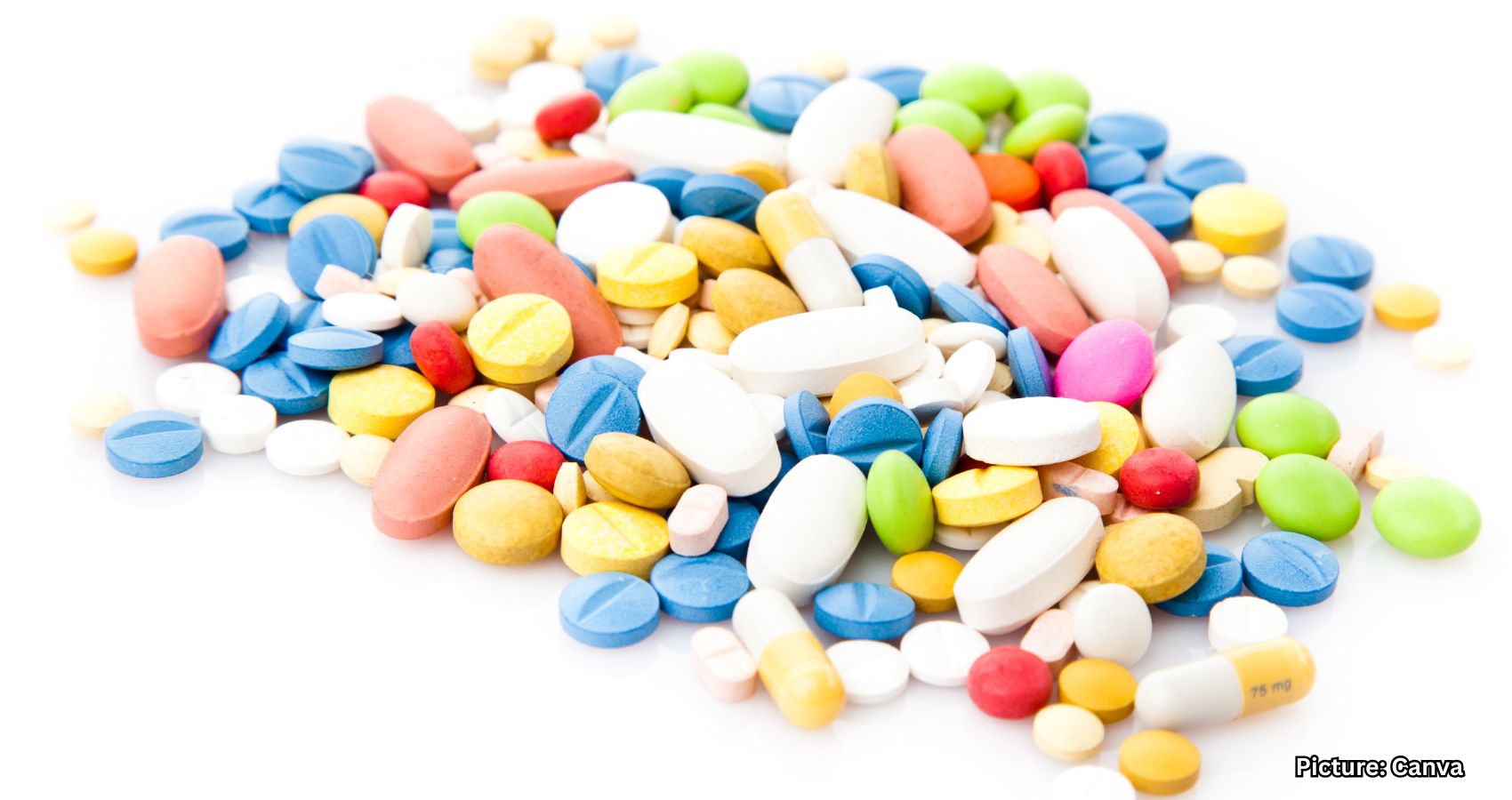European drugmakers are set to face significant challenges due to new U.S. tariffs on imported pharmaceuticals, while India’s impact may be less severe, according to the Global Trade Research Initiative.
New Delhi, September 26 (ANI) — European countries are expected to bear the brunt of new U.S. tariffs on imported branded or patented pharmaceutical products, while India may experience a lesser impact, as outlined in a recent press release by the Global Trade Research Initiative (GTRI).
On September 26, U.S. President Donald Trump announced that starting October 1, a 100 percent tariff will be imposed on all imported branded or patented pharmaceuticals, unless the manufacturer is already establishing a drug production facility in the United States. This decision is part of the administration’s “America First Manufacturing” initiative, which aims to compel global companies to localize their production efforts.
According to U.S. import data for 2024, the total value of pharmaceutical imports (HS 30) is projected to be USD 212.82 billion, with India contributing USD 12.73 billion, or 5.98 percent of the total. In contrast, Ireland accounted for USD 50.35 billion (23.66 percent), Switzerland for USD 19.03 billion (8.94 percent), and Germany for USD 17.24 billion (8.10 percent). These European nations, which primarily supply high-value branded and patented drugs, are anticipated to face the most immediate and severe repercussions from the new tariffs.
India’s contribution of USD 12.73 billion is largely dominated by generic medicines, which may provide a buffer against the full impact of the tariffs. Data from the Directorate General of Commercial Intelligence and Statistics (DGCI&S) indicates that India exported USD 9.8 billion worth of pharmaceutical formulations to the U.S. in FY2025, representing 39.8 percent of its total pharmaceutical exports. These exports include a range of products such as tablets, capsules, and injectables used to treat various conditions, including hypertension, diabetes, infections, cardiovascular issues, and neurological disorders. Additionally, significant volumes of antibiotic formulations, including amoxicillin, azithromycin, and ciprofloxacin, as well as vitamin and nutritional products, are included in these shipments.
The GTRI press release highlighted that India’s emphasis on generics, rather than patented drugs, may protect a substantial portion of its trade from the full weight of the tariff. However, there remains uncertainty regarding how “branded generics” will be treated under the new U.S. policy.
“India exports both branded and unbranded generics to the U.S. Branded generics are common, generic molecules sold under brand names. For instance, paracetamol may be exported as a bulk drug or in tablet form under a brand like Crocin,” the release noted.
Currently, India’s pharmaceutical exports to the U.S. are concentrated among a few major companies, which together supply nearly 70 percent of shipments. These exports primarily consist of off-patent formulations that are crucial to the U.S. healthcare system.
While Europe braces for the most significant challenges, several global pharmaceutical companies, including Roche, Novartis, AstraZeneca, Eli Lilly, and GSK, have announced investments exceeding USD 350 billion in U.S. manufacturing, research, and supply chain facilities by the end of the decade.
Source: Original article

